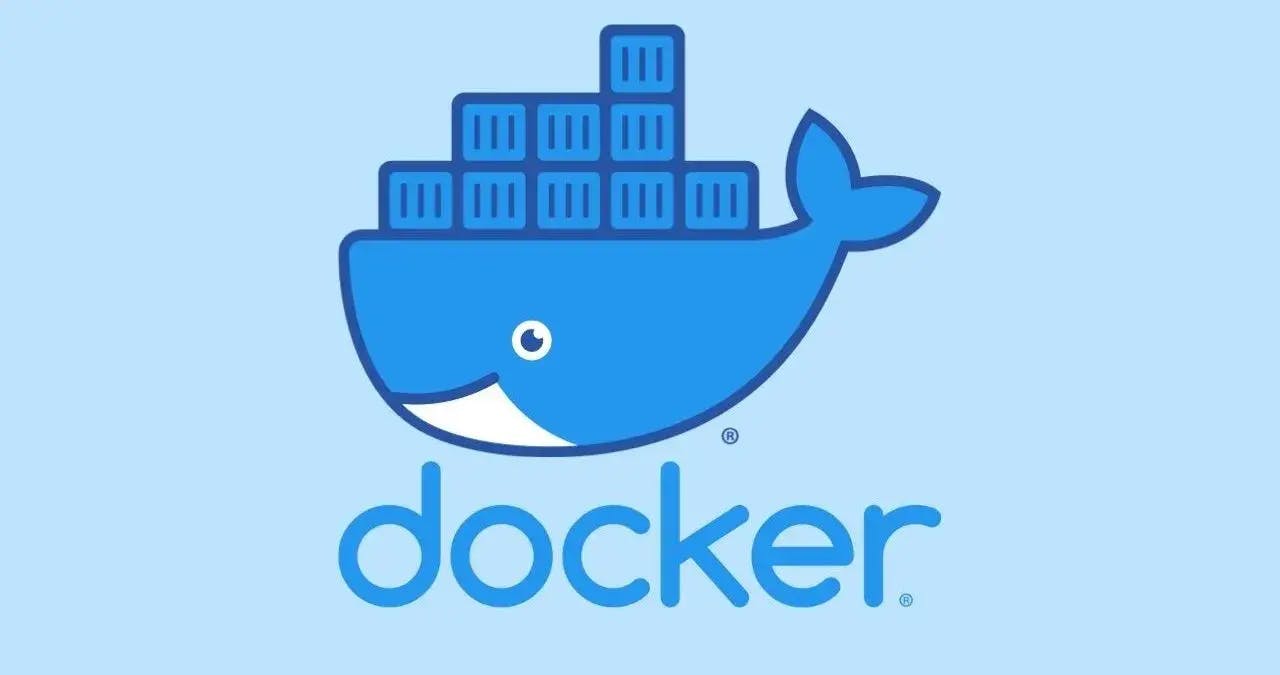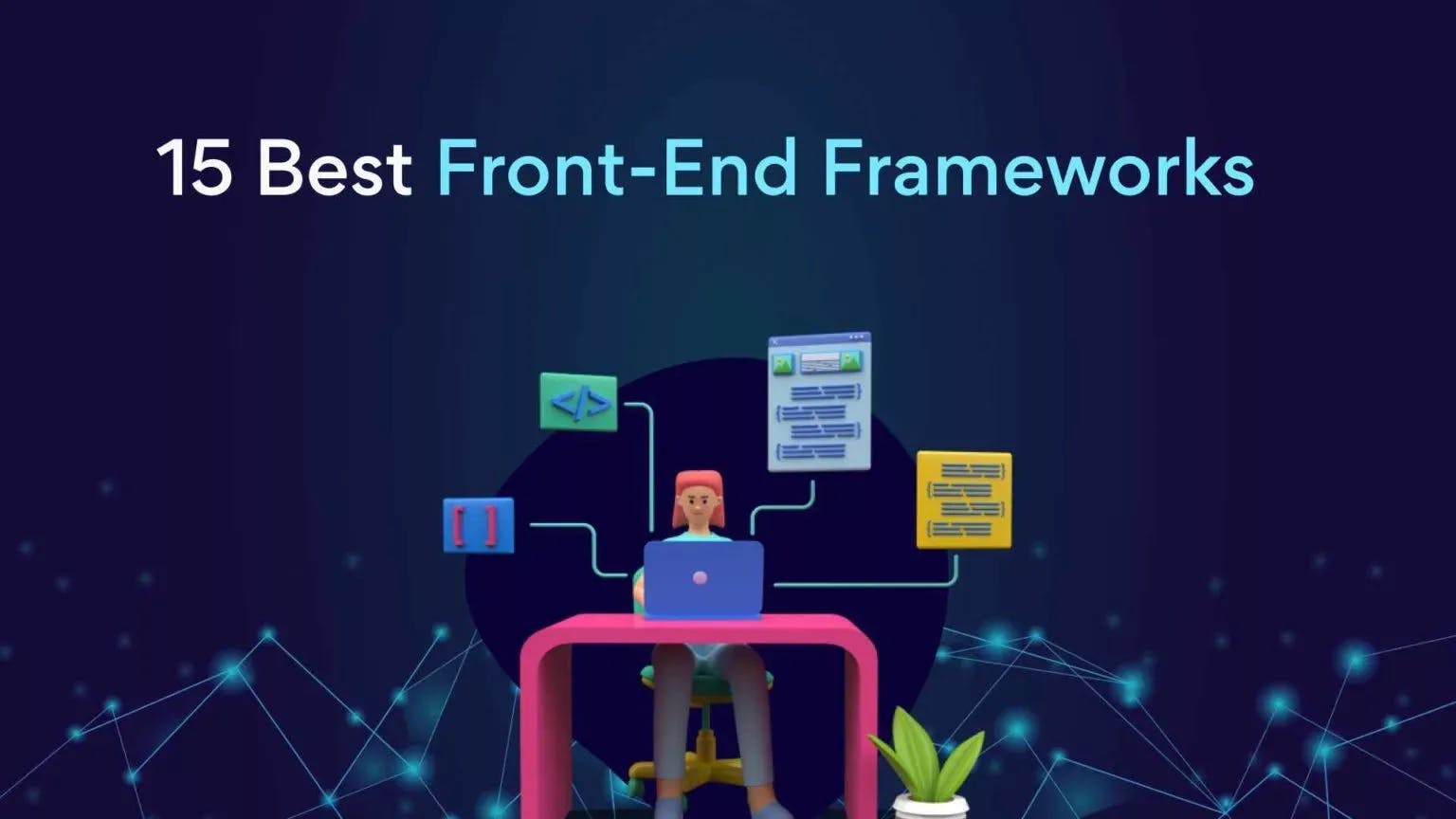Remote Front-end web developer jobs
At Turing, top-tier clients are looking for highly skilled remote front-end web developers who can implement technical designs and build out exceptional mobile and desktop web applications. Get remote work opportunities at top U.S. software companies.
Find remote software jobs with hundreds of Turing clients
Job description
Job responsibilities
- Create reliable, scalable, low-latency, and high-performance web applications
- Design, develop, and deliver fully functional products
- Participate in all phases of software delivery including design, development, testing & support
- Conceive and build responsive website applications
- Maintain and optimize applications for maximum speed
- Stay up-to-date on emerging technologies and drive improvements
Minimum requirements
- Bachelor’s/Master’s degree in Engineering, Computer Science, or IT (or equivalent experience)
- At least 3+ years of experience in front-end web development (rare exceptions for highly skilled developers)
- Proficiency in front-end technologies like React.js, TypeScript, JavaScript, HTML5, CSS3, etc.
- Experience in code versioning tools like Git, SVN, BitBucket, etc
- Experience developing front-end applications to integrate with back-end microservices
- Knowledge of the entire web development process
- Strong sense of UI/UX design and layout
- Fluency in English to collaborate with engineering managers
- Work full-time (40 hours/week) with a 4 hour overlap with US time zones
Preferred skills
- Familiarity with back-end technologies such as Node.js, Java, Python, etc.
- Experience with front-end testing frameworks (Jasmine, Jest, etc.)
- Understanding of responsive and cross-platform designs
- Strong analytical and interpersonal skills
- Basic knowledge of cross-browser compatibility and client-side scripting
Interested in this job?
Apply to Turing today.
Why join Turing?
1Elite US Jobs
2Career Growth
3Developer success support
How to become a Turing developer?
Create your profile
Fill in your basic details - Name, location, skills, salary, & experience.
Take our tests and interviews
Solve questions and appear for technical interview.
Receive job offers
Get matched with the best US and Silicon Valley companies.
Start working on your dream job
Once you join Turing, you’ll never have to apply for another job.

How to become a front-end developer in 2023?
The "front-end" is the part of the website or application that the user sees and interacts with directly. It determines how users are displayed with text, pictures, and the user interface. Front-end development's value in conveying this brand to clients cannot be emphasized.
Because the front end of websites and applications is so important to every organization, the field of front-end development offers a stable, well-paying career. As a result, if you're undecided about front-end development as a career option, you can proceed with confidence. You'll discover more about the scope of remote front-end developer jobs in the next section.
What is the scope in front-end development?
It is a wise decision to pursue a profession as a front-end developer. Front-end developers earn a lot of money on a yearly basis. Overall, front-end development is a sought-after profession that pays well and offers new learning opportunities.
In 2021, Indeed predicts 6000+ job openings for front-end developers. Google has shown a consistent and sustained interest in search queries over the previous five years. As seen by the growing technological needs of many firms, front-end development is still in high demand.
Let's take a look at your key tasks and roles once you've been employed for remote front-end development jobs.
What are the roles and responsibilities of a front-end developer?
For all of the company's websites and products, the front-end developer produces the user interface and designs the user experience. In addition, the developer constructs patterns and abstractions that help the site/software run faster.
Following landing remote front-end developer jobs, your main tasks would be:
- Create, code, and change web pages with instructive content.
- Identify and use the tools and emerging technologies that are currently in use.
- Collaborate with small businesses to obtain a deeper knowledge of their needs.
- Collaborate with the PM/IM to stay on track with the project plan, expected deadline, and billing.
- Learning experience designers can help you understand the storyboards and specs.
- With graphic designers, collect wireframes, visual mockups, graphics, audio, video, and other UI elements.
- Work with the quality assurance (QA) team to test the product and address any issues that arise.
- Collaborate with the Test & Publication team to ensure that it is hosted in an appropriate location.
How to become a front-end developer?
Let's take a look at the most important guidelines for pursuing a career in front-end development. The ability to learn a variety of front-end frameworks and programming languages isn't the sole prerequisite for becoming a front-end developer.
Because the web is a constantly changing landscape, front-end engineers should never stop learning. Following a front-end expert on Twitter, for example, will help you learn more quickly. You'll need patience and commitment for the subject to become an expert.
As a result, start with HTML and CSS. Once you've gotten the hang of it, you can start designing your own websites. There's no way to replace firsthand experience. Also, remember to have fun while you're learning and experimenting. Getting hired for remote front-end developer jobs would be a piece of cake if you put your mind to it.
Let's take a look at the skills and approaches you'll need to advance to the position of a front-end developer.
Interested in remote front-end web developer jobs?
Become a Turing developer!
Skills required to become a front-end developer
The first stage is to study the fundamental skills that will assist you in landing high-paying front-end development positions.
1. HTML & CSS
The appearance of a website is determined by HTML (hypertext markup language) and CSS (cascading style sheets). As a result, both of these abilities are required for remote front-end development jobs. The framework is provided by HTML, but without CSS, a website appears to be very simple and featureless. CSS also adds a lot of transitions and animations to different website elements like animated GIFs, parallax scrollers like in the Tumblr app or this site, and visually appealing photographs that respond well across browser sizes.
2. JavaScript
HTML and CSS are appropriate for a text-only website because they are mostly static. Another useful feature for responsive websites is JavaScript. It enables you to incorporate interactive components such as polls, slideshows, and forms into your websites that instantly identify touchscreen users' clicks. This client-side scripting language enables you to incorporate dynamic features such as page animation, scrolling, audio, and video into your websites.
3. jQuery
jQuery is a JavaScript library for building interactive web pages. It's a quicker way to make web pages by incorporating pre-made code modules. jQuery is a valuable ability for performing well in remote front-end developer jobs interviews since it allows you to add elements to an existing website and then edit them to make them work the way you want.
Frameworks and libraries are prewritten code modules for commonly used website elements such as login and search interfaces. By simplifying the handling of specific procedures, these frameworks make it easier to develop websites. Popular JavaScript frameworks include AngularJS, EmberJS, and ReactJS. Libraries are a collection of plugins and extensions that allow a website to add more resources. A good example is a countdown timer on a retail website. jQuery is a popular open-source JavaScript library with a lot of customization options.
4. RESTful services/APIs
REST is a web-based platform for facilitating network communication. In RESTful services and application programming interfaces, data is exchanged to and from an API in a structured format, such as XML or JSON (APIs).
5. Responsive/Mobile design
A responsive design is one in which a website adjusts to the device being used, whether it's a phone, tablet, or desktop computer. There are times, though, when you want visitors to see a completely different design for their mobile device so that they can see just what you want them to see without any distractions. You can use grids and visuals to guarantee that information is displayed in a logical order in your mobile-specific designs. Responsive and mobile design talents are in high demand due to their importance in digital marketing.
6. Development for cross-browser compatibility
Because different browsers take different techniques to present web pages, it can be difficult to get them all to display a site in the same way. Cross-browser development is necessary since it prepares you to deal with a variety of browser incompatibilities.
7. Content management systems (CMS)
The majority of the world's websites are built using a content management system (CMS) (CMS). WordPress is the most widely used content management system, with more than 60% of all websites using it. Other prominent CMSs include Joomla, Drupal, and Magento. As a result, knowing any of these platforms can help you gain vital skills and make you more appealing to companies that need system maintenance or changes. As an aspiring front-end developer, it will provide you an advantage over other contenders. If your future employers require someone who is proficient in one of these systems (which only a few people are), they may consider you for the job.
8. Testing/Debugging
Testing and debugging are important abilities for every developer to have, and they're especially important for getting remote front-end development gigs. Unit testing is the process of testing individual blocks of source code, and unit testing frameworks give specific methods and structures for doing so. Debugging requires taking into account all inconsistencies (bugs), donning your detective hat to figure out why and how they arise and then dealing with them accordingly.
9. Controlling Git/Versions
Version control systems make it easier to keep track of code changes (or set of codebases). Organizations commonly use a version management system so that they can revert to a previous version if a problem with the production website is detected. When it comes to version control, there is a wide range of software available, each with its own set of benefits and features. Examples include GIT, SVN, CVS, and other comparable tools. Because learning how to use Git is required for practically all development professions, regardless of experience or competence, many developers refer to it as "one of the key work skills."
Interested in remote front-end web developer jobs?
Become a Turing developer!
How to get remote front-end developer jobs?
Front-end programming is one of the most adaptable professions since it allows you to work from anywhere that has an internet connection and a computer. If your job allows it, you can work from home or at your chosen workstation! Front-end developer jobs can help you do just that.
The flexibility has piqued the interest of developers all over the world, and the rivalry is heating up on a daily basis. Staying on top of your technical skills and establishing a productive work pattern is both necessary for landing successful remote front-end developer jobs.
Turing has the greatest front-end developer jobs that will fit your professional goals as a seasoned front-end developer. Work on difficult technical and business problems utilizing cutting-edge technology to advance your development career. Join a community of the world's greatest front-end developers and apply for full-time, long-term remote front-end developer jobs with greater salary and advancement chances.
Why become a front-end developer at Turing?
Elite US jobs
Long-term opportunities to work for amazing, mission-driven US companies with great compensation.
Career growth
Work on challenging technical and business problems using cutting-edge technology to accelerate your career growth.
Exclusive developer community
Join a worldwide community of elite software developers.
Once you join Turing, you’ll never have to apply for another job.
Turing's commitments are long-term and full-time. As one project draws to a close, our team gets to work identifying the next one for you in a matter of weeks.
Work from the comfort of your home
Turing allows you to work according to your convenience. We have flexible working hours and you can work for top US firms from the comfort of your home.
Great compensation
Working with top US corporations, Turing developers make more than the standard market pay in most nations.
How much does Turing pay their front-end developers?
At Turing, every front-end developer is allowed to set their rate. However, Turing will put forth a compensation at which we know we can find a fruitful and long-term opportunity for you. Our recommendations are based on our analysis of the market and the demand from our customers.
Frequently Asked Questions
Latest posts from Turing
Leadership
Equal Opportunity Policy
Explore remote developer jobs
Based on your skills
- React/Node
- React.js
- Node.js
- AWS
- JavaScript
- Python
- Python/React
- Typescript
- Java
- PostgreSQL
- React Native
- PHP
- PHP/Laravel
- Golang
- Ruby on Rails
- Angular
- Android
- iOS
- AI/ML
- Angular/Node
- Laravel
- MySQL
- ASP .NET
Based on your role
- Full-stack
- Back-end
- Front-end
- DevOps
- Mobile
- Data Engineer
- Business Analyst
- Data Scientist
- ML Scientist
- ML Engineer
Based on your career trajectory
- Software Engineer
- Software Developer
- Senior Engineer
- Software Architect
- Senior Architect
- Tech Lead Manager
- VP of Software Engineering










